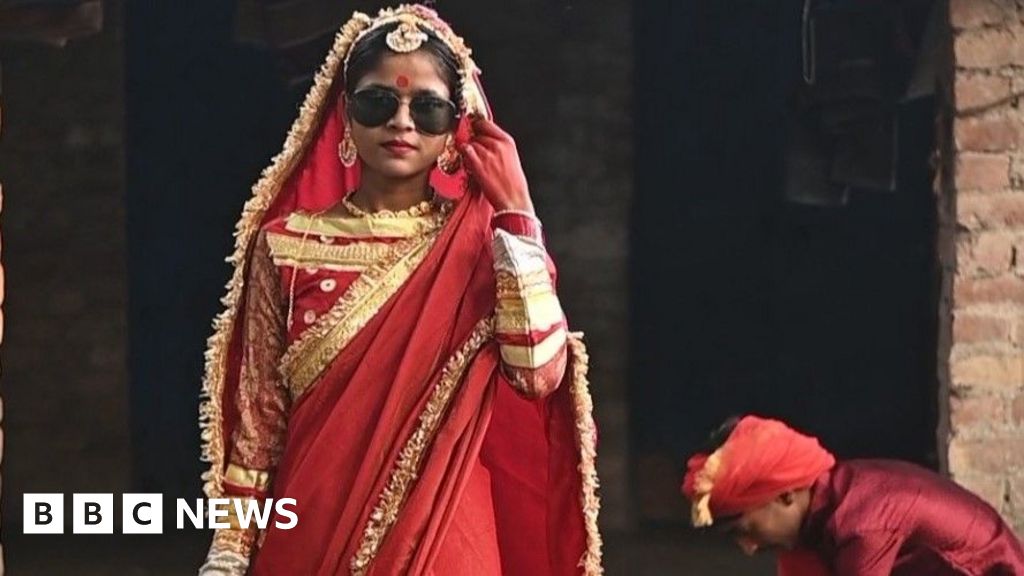Russia says it has no intention of abandoning Iran as it faces Israel’s wrath

Aerial view of the Moscow Kremlin landmarks: St. Basil’s Cathedral, Kremlin, Spasskaya Tower and Red Square
Sergey Alimov | Moment | Getty Images
The Kremlin said it has no intention of abandoning Iran as it faces a widely-expected direct attack from Israel.
Iran is under pressure as its proxies, the militant groups Hamas and Hezbollah, come under heavy Israeli attack in Gaza and Lebanon, respectively. The Islamic Republic is also facing the prospect of a direct attack by Israel in retaliation for a missile attack it launched against its regional rival at the start of the month.
After aiding Russia in its war against Ukraine, analysts have speculated that Iran is now looking for payback and support from Russia in its own hour of need, although the form this might take is uncertain.
When asked by CNBC how Russia perceived the status of its relationship with Iran during heightened tensions in the Middle East, and how it would balance its competing interests and alliances in the region — the Kremlin said that it intended to deepen its alliance with Tehran, come what may.
“We are developing cooperation with Iran in a variety of areas. We intend to do this further,” Kremlin Press Secretary Dmitry Peskov told CNBC Tuesday.
“This cooperation is in no way directed against third countries,” he insisted in emailed comments translated by Google. He did not directly answer whether Iran had asked Russia for support against Israel.
Russian President Vladimir Putin speaks with Kremlin spokesman Dmitry Peskov during a summit of leaders of nations, which are members of the Commonwealth of Independent States (CIS), in Moscow, Russia October 8, 2024.
Sergei Ilnitsky | Via Reuters
Russia is a close ally of Iran but has to carefully balance a number of military and economic partnerships in the wider Middle East. It’s one of the few countries to have maintained good relations with both Iran and Israel, despite their enmity, as well as with other key players in the region such as Saudi Arabia, Syria and the United Arab Emirates. Peskov told CNBC that Russia “maintains a dialogue with all parties involved in the conflict in the Middle East.”
Moscow and Tehran’s relationship has undoubtedly evolved since Russia invaded Ukraine in February 2022, however. Iran has reportedly supplied Russia with one-way attack drones and, lately, short-range missiles to use against Ukraine, in exchange for military technology and hardware from Moscow.
The two nations deny any arms exchanges have taken place during the Ukrainian war but both have been heavily-sanctioned by Western nations as a result.
In this pool photograph distributed by the Russian state agency Sputnik, Russia’s President Vladimir Putin shakes hands with Ali Akbar Ahmadian, secretary of Iran’s Supreme National Security Council, as he meets with BRICS high-ranking officials responsible for security matters / national security advisors in Saint Petersburg on September 12, 2024.
Vyacheslav Prokofyev | Afp | Getty Images
Russia and Iran’s ‘strategic’ deal
To see just how Russia could look to support Iran, all eyes are now on the BRICS summit that’s taking place in Kazan, southwestern Russia.
Originally a group formed of major developing economies Brazil, Russia, India, China and South Africa, the organization has now expanded and includes Iran, among a handful of other countries from what’s become known as the “Global South,” in contrast to the industrialized “Global North” of the West.
It’s widely expected that Russian President Vladimir Putin and his Iranian counterpart, Masoud Pezeshkian, could sign a heavily-previewed Comprehensive Strategic Partnership agreement at the summit, signaling they’ll deepen cooperation in a number of areas, and potentially on a military level.
“Expect to see a commitment to defense cooperation (likely vaguely worded and deliberately opaque) and a script that claims Russian-Iranian alignment against a Western ‘agenda of aggression’,” Burcu Ozcelik, senior research fellow for Middle East security within the International Security department at the Royal United Services Institute think tank, told CNBC in emailed comments.
“It’s important to remember who the audience for these types of statements are: both a message to the U.S, and its allies about the rise of alternative alliances, and simultaneously a rallying cry to the Global South against the power hierarchy enshrined by the UN Security Council,” she noted.
Russian President Vladimir Putin (R) shakes hands with Iranian President Masoud Pezeshkian (L) during their meeting, October 11, 2024, in Ashgabat, Turkmenistan.
Contributor | Getty Images News | Getty Images
Ozcelik characterized the relationship between Moscow and Tehran as being one in which both “are locked in a tactical, interest-driven alliance of convenience.”
“Both are variously manoeuvring to minimise military, political and economic losses in their respective theatres of conflict and mitigate against encroachment on their cross-border interests,” she noted.
World News || Latest News || U.S. News
Source link



